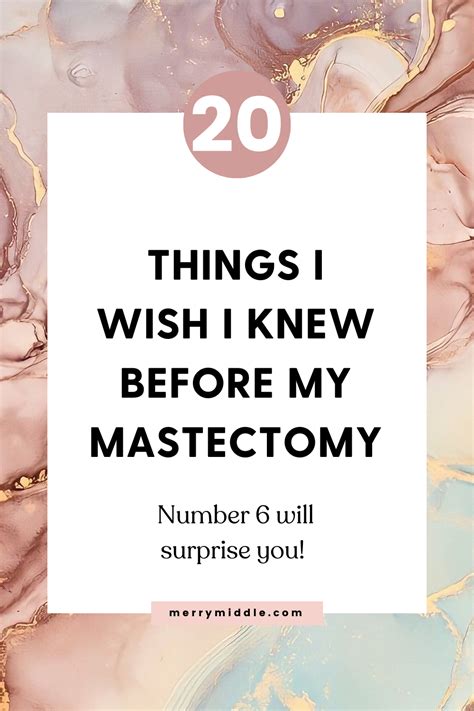Facing a mastectomy is like standing at the edge of a vast, unknown territory. You’ve been given a map by your medical team, full of surgical terms, appointment dates, and recovery timelines. But what the map doesn't show are the small, winding paths of the emotional and practical journey ahead. It doesn’t tell you about the surprising challenges or the unexpected moments of grace you’ll find along the way.
If you’re reading this, you’re likely standing at that edge, and your heart is probably full of questions and fears. This is a letter to you—from me, and from the countless others who have walked this path before you. It’s not medical advice, but a collection of hard-won wisdom, gentle reassurances, and practical truths we wish someone had shared with us. Think of it as a friend holding a lantern for you in the dark, illuminating the path just a few steps ahead.
The Practical Stuff (That No One Really Tells You)

This is the nitty-gritty advice that can make a world of difference in your day-to-day comfort. These are the logistical hacks you’ll be so grateful to have in your back pocket.
1. I wish I knew that a mastectomy pillow (a soft, crescent-shaped pillow) for the car ride home is non-negotiable. The seatbelt will feel like your mortal enemy, and this pillow will be your shield.
2. I wish I knew to stock my wardrobe with zip-front hoodies, button-down pajamas, and soft camisoles. Lifting your arms over your head will be off-limits for a while, so make getting dressed as easy as possible.
3. I wish I knew that a lanyard, a small cross-body bag, or even a fanny pack is the secret to managing surgical drains. Pinning them to your clothes is an option, but having a dedicated pouch for them makes showering and moving around so much easier.
4. I wish I knew to move everything I use daily—mugs, snacks, medication, toiletries—to counter-height *before* surgery. Reaching into high cabinets or bending into low drawers will be a challenge.
5. I wish I knew the true value of dry shampoo, facial wipes, and no-rinse body wash. When a full shower feels like climbing a mountain, these will make you feel human again.
6. I wish I knew to have straws for every single drink. Tilting your head back to sip from a cup requires more core and chest strength than you’d think.
7. I wish I knew that a recliner or a carefully constructed "pillow throne" in bed would be my command center. Sleeping flat on your back is uncomfortable and often impossible for the first week or two.
8. I wish I knew to pack an extra-long phone charging cable for the hospital. The outlets are always cunningly placed just out of reach.
9. I wish I knew that anesthesia and pain medication cause serious constipation. With your doctor's approval, start a gentle stool softener regimen before you think you need it. Trust me on this.
10. I wish I knew to place a pair of slip-on shoes by the door. Bending over to tie laces is a forgotten luxury.
Your Body, Your Feelings (And It's All Okay)
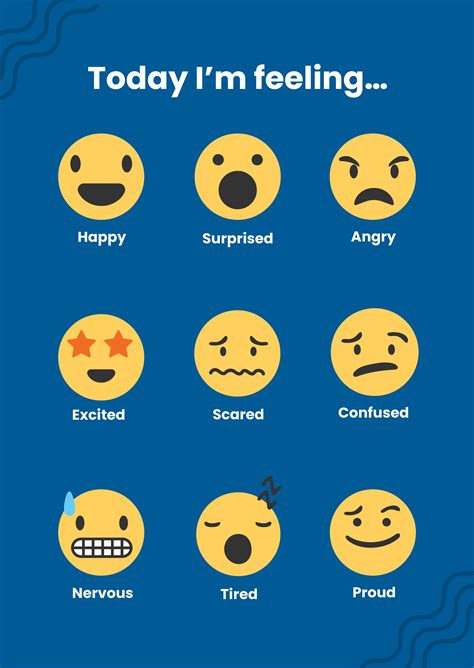
The physical changes are immense, but the emotional journey is just as significant. Give yourself permission to feel everything without judgment. Your feelings are valid and normal.
1. I wish I knew it’s okay to not look at your chest right away. It’s also okay to be curious and want to look immediately. There is no right or wrong way to meet your new body.
2. I wish I knew that feeling a deep, profound sense of grief for the body you had is normal. It is a loss, and it deserves to be mourned.
3. I wish I knew about the bizarre reality of phantom sensations. You might feel an itch, a tingle, or a twinge in a place that is no longer there. It’s your brain rewiring itself, and it’s a very real phenomenon.
4. I wish I knew that my new chest would feel completely foreign—numb, tight, and disconnected from me. It takes time and patience to reintegrate this new landscape as part of yourself.
5. I wish I knew that anger is a perfectly healthy response. You’re allowed to be furious at the cancer, at the unfairness of it all, at the universe. Let it out.
6. I wish I knew I didn’t have to be "brave" or "strong" 24/7. Collapsing into tears, admitting you’re scared, and feeling weak are not signs of failure; they are signs of being human.
7. I wish I knew that recovery isn’t linear. You will have good days where you feel almost normal, followed by bad days where walking to the kitchen feels exhausting. Listen to your body’s rhythm.
8. I wish I knew that it's okay if you don't feel "grateful to be alive" every single moment. Sometimes you will just feel tired, sad, and in pain—and that's a valid part of the experience.
Leaning on Your Village (How to Ask For and Accept Help)
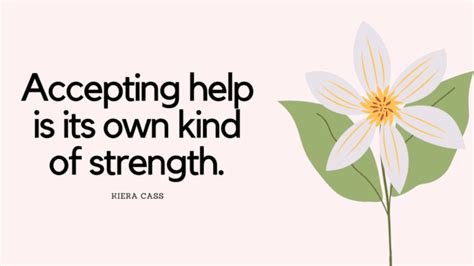
Many of us are used to being the caregivers, not the ones being cared for. Learning to accept help is a skill, and it’s one of the most important ones you can practice right now.
1. I wish I knew that people genuinely want to help but often don’t know how. Be specific. Instead of a vague "I'm tired," try "Could you please walk the dog this afternoon?" or "Would you mind picking up some groceries for me?"
2. I wish I knew to designate a "gatekeeper"—one trusted friend or family member who can manage communications and visitors. You do not need to give a hundred individual health updates.
3. I wish I knew that accepting a meal train or a home-cooked dinner is a gift to the giver. It allows them to do something tangible in a situation where they feel helpless. Just say yes.
4. I wish I knew that it is more than okay to say, "I'm not up for visitors today." Your home is a recovery sanctuary, not a social club. Protecting your energy is your top priority.
5. I wish I knew how to ask for help with the "invisible" labor, like folding laundry, emptying the dishwasher, or just sitting with me in silence while I watched TV.
6. I wish I knew that my loved ones were scared, too. They might say clumsy things or seem awkward, but it usually comes from a place of love and fear. A little grace for them goes a long way.
7. I wish I knew the power of a simple, shared online document where I could list specific needs (e.g., "pick up prescription from CVS," "need bananas and bread") so people could sign up to help without me having to ask each time.
Redefining "Normal" (Life After the Big Surgery)
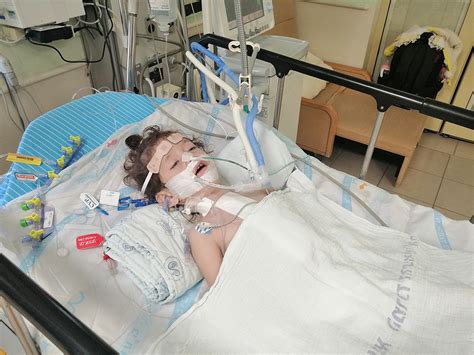
Your life will have a "before" and an "after." Finding your footing in the "after" is a gradual process of rediscovery and redefinition. Be patient with this new chapter.
1. I wish I knew that my new "normal" wouldn't appear overnight. It’s built slowly, day by day, choice by choice. Don’t compare your timeline to anyone else’s.
2. I wish I knew that "scanxiety"—the intense wave of anxiety before follow-up scans and doctor's appointments—is a real and lasting part of survivorship. Finding a coping ritual is essential.
3. I wish I knew that finding clothes that feel good and look good on my new body would be an empowering journey of rediscovery. It’s a way to reclaim your sense of self and style.
4. I wish I knew that it was okay to feel differently about my scars. You don't have to love them. It's enough to respect them as a map of what you've survived.
5. I wish I knew that intimacy after mastectomy is a conversation. It requires patience, vulnerability, and open communication with a partner to explore what feels good and safe now.
6. I wish I knew that this experience, for all it takes away, also gives you an incredible gift: the undeniable proof of your own resilience. You will discover a strength you never knew you possessed.
7. I wish I knew that my identity was never housed in my chest. This journey is a powerful, albeit forced, opportunity to reconnect with the core of who you are: your spirit, your mind, your humor, your heart.
Small Comforts & Gentle Joys (Finding Light in the Tough Moments)
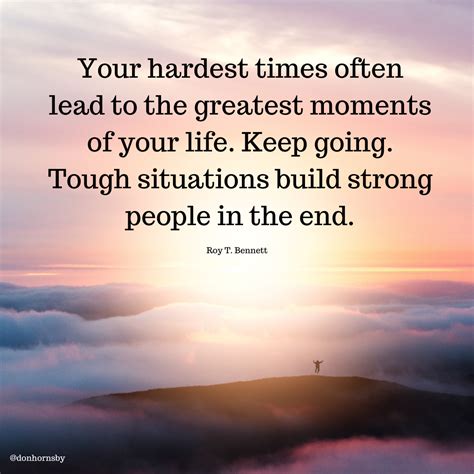
In the midst of the medical appointments and physical recovery, don't forget to seek out moments of peace and simple pleasure. They are the buoys that will keep you afloat.
1. I wish I knew the profound comfort of a truly soft blanket or a well-loved sweatshirt. It can feel like a gentle, constant hug.
2. I wish I knew to curate a "comfort queue" of lighthearted movies, soothing TV shows, and easy-listening audiobooks that require zero emotional investment.
3. I wish I knew that sitting near a window with the sun on my face for ten minutes could feel as restorative as a week-long vacation.
4. I wish I knew the pure delight of that first real meal that tastes good again. A piece of toast with butter can feel like a gourmet feast.
5. I wish I knew to celebrate the tiny, monumental victories: the first time you wash your own hair, the first walk to the end of the block, the first full night of sleep in your own bed. They aren't tiny at all.
6. I wish I knew that a funny podcast or stand-up comedy special could be the most effective pain relief of all, offering a brief, blessed escape.
7. I wish I knew the grounding power of a simple ritual, like sipping a favorite cup of tea slowly and mindfully each morning. It’s a small anchor in a stormy sea.
8. I wish I knew that the sound of birds outside my window, a phone call with a friend who makes me laugh, or the purr of a pet on my lap would be the sweetest medicines.
### A Final Thought
This list is a starting point, a collection of shared secrets from a sisterhood you are now a part of. Take what resonates, and leave the rest. Your journey is uniquely your own. Be impossibly gentle with yourself. You are doing something incredibly hard, and you are doing it one breath, one step, one day at a time. We are all here, holding the lantern for you. You’ve got this.
